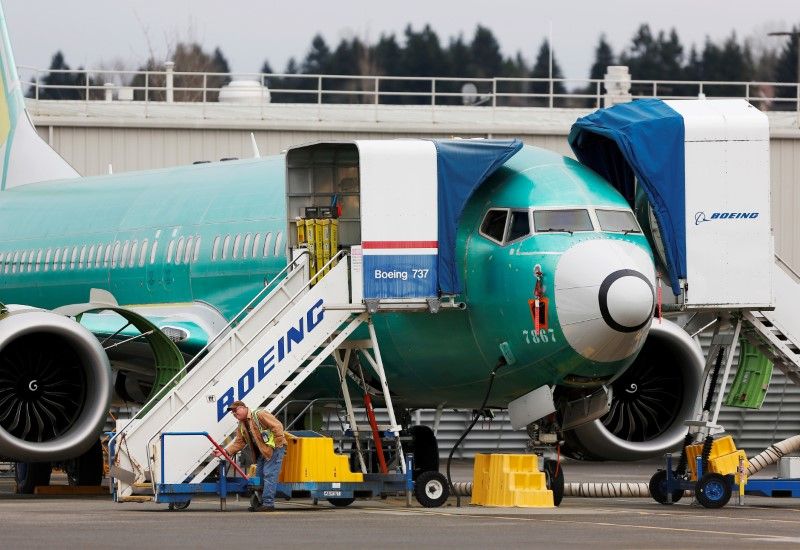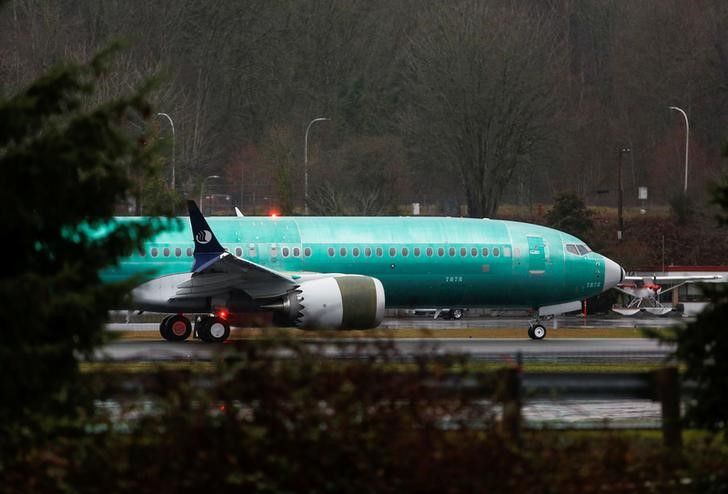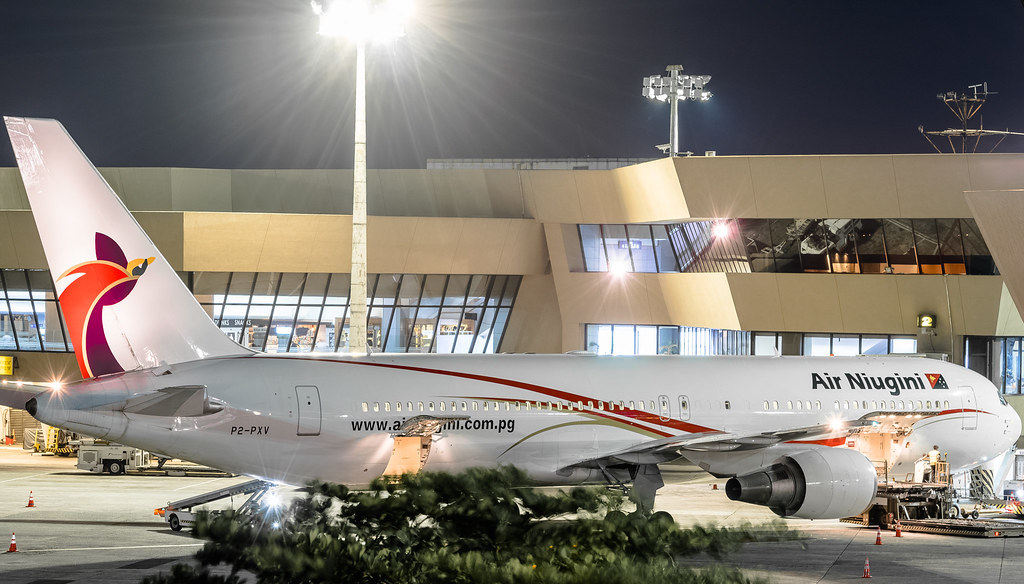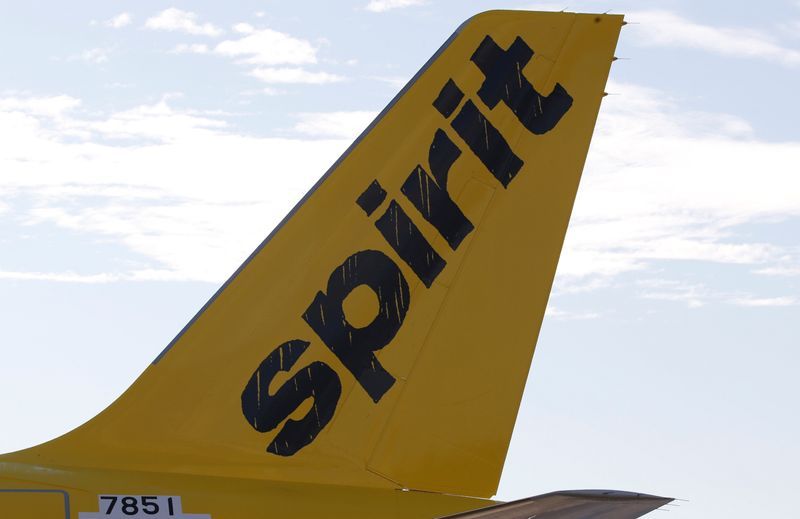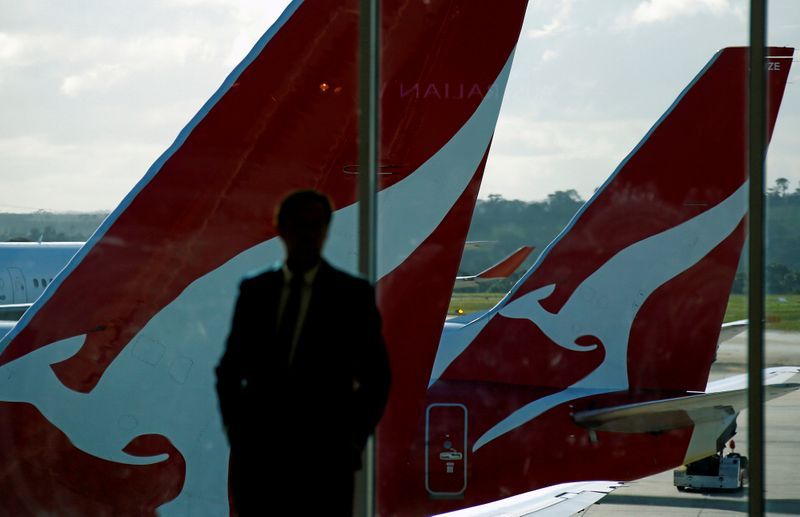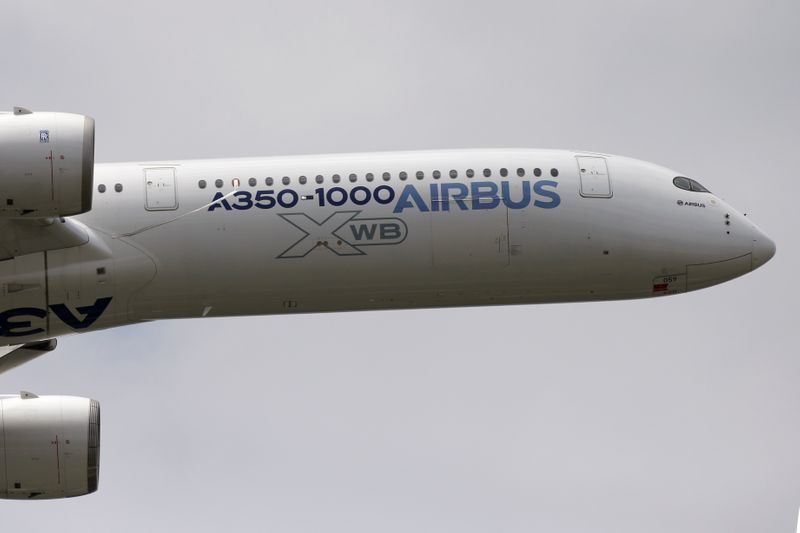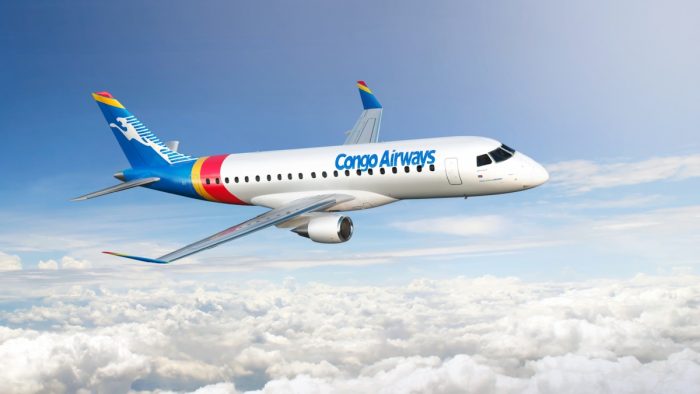- With this expanded private fleet and access to Delta’s global network, Wheels Up is strategically positioned to fulfill every travel need of its now 8,000+ members and customers.
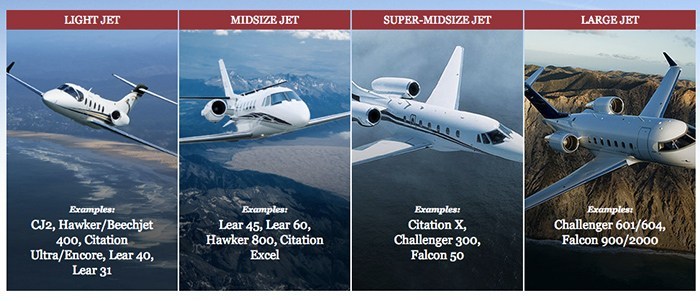
Delta and Wheels Up, the leading brand in private aviation, have closed on a previously announced groundbreaking transaction and partnership agreement.
The closing officially combines Delta Private Jets (DPJ) with Wheels Up, pairing Wheels Up’s membership programs, innovative digital platform and world-class lifestyle experiences with Delta Private Jets’ renowned reliability, safety, service and scale. The combination creates one of the world’s largest owned and managed fleets of nearly 200 private aircraft, ranging from the King Air 350i to large-cabin jets. With this expanded private fleet and access to Delta’s global network, Wheels Up is strategically positioned to fulfill every travel need of its now 8,000+ members and customers.
In the weeks ahead, Wheels Up and Delta will be communicating directly with customers to roll out cross-platform partnership benefits and other program features that cannot be found anywhere else within the private aviation industry.
“Together, Wheels Up and Delta will democratize the industry to make private flying and the private flying lifestyle accessible to significantly more individuals and businesses around the world,” said Wheels Up Founder and CEO Kenny Dichter. “By adding Delta Private Jets and partnering with Delta, our membership platform has evolved to one that can fulfill a vast range of flight needs on a very large scale.”
As part of this transaction Delta’s Chief Operating Officer, Gil West, has joined the Wheels Up Board of Directors.
“This innovative partnership is the latest step in Delta’s efforts to transform travel into a part of the journey to look forward to,” West said. “Bringing together the Delta brand, DPJ’s renowned reliability and scale, and the exceptional experiences that are the hallmark of Wheels Up, is opening up a whole new world of travel options to more travelers than ever before.”
The Wheels Up and Delta Private Jets teams will be working together to ensure a seamless transition for all DPJ employees and customers. DPJ employees will continue to operate out of their current location in Cincinnati.
“We are thrilled to welcome the talented and passionate Delta Private Jets employees into the Wheels Up family and for Gil West to join our Board of Directors.” said Dichter.
Over the next year, Wheels Up and Delta will continue introducing exciting cross-platform benefits and features, all designed to add more value for their members and customers.
Financial terms of the transaction will not be disclosed, and there is no expected impact to Delta’s 2020 financial guidance.



